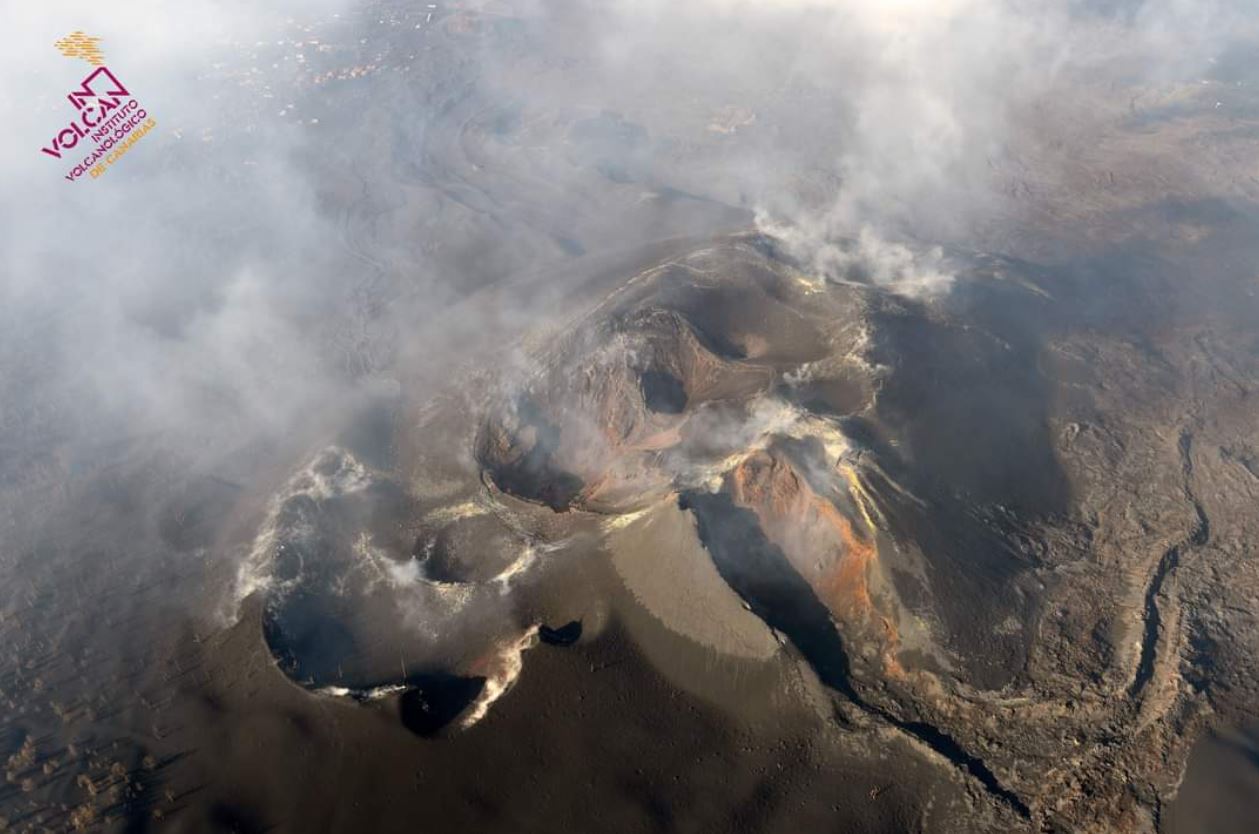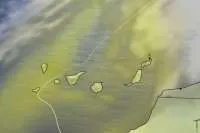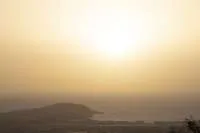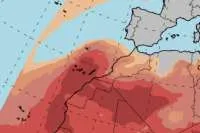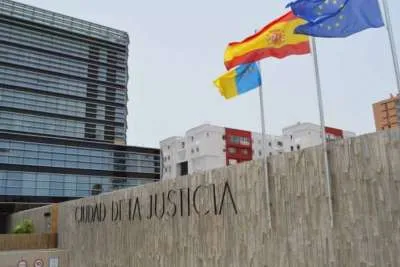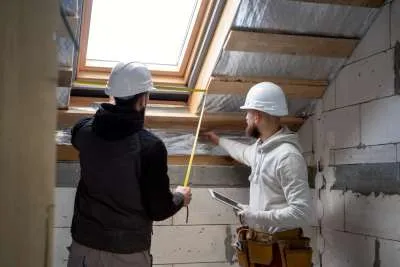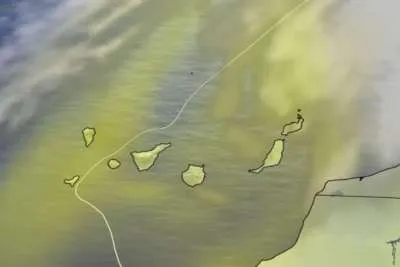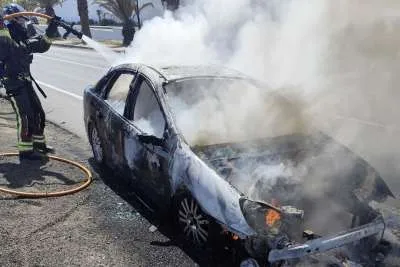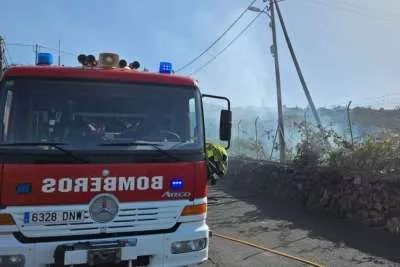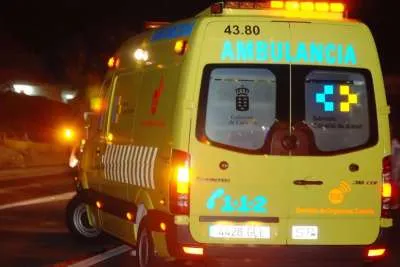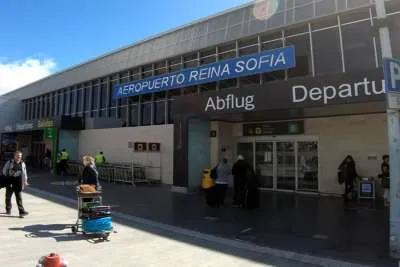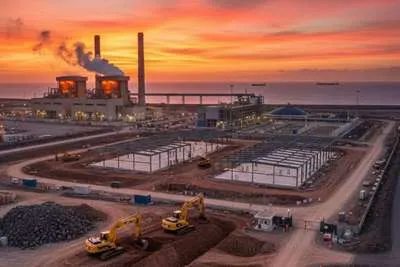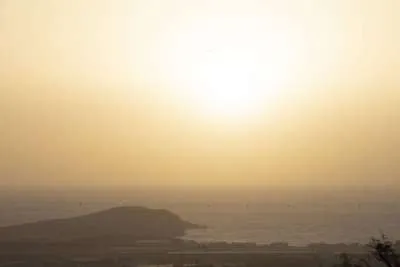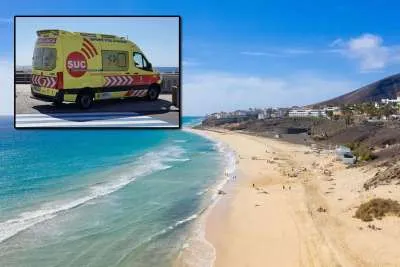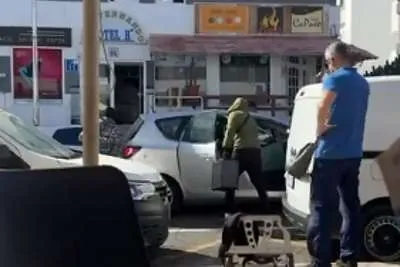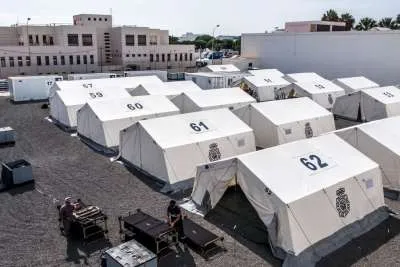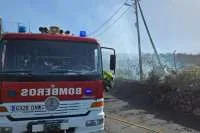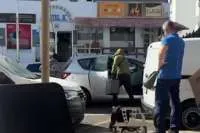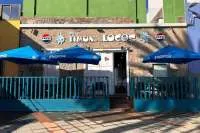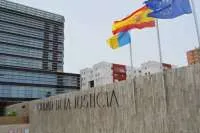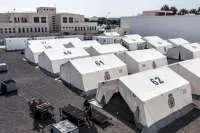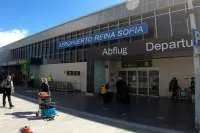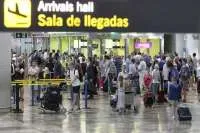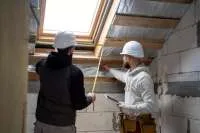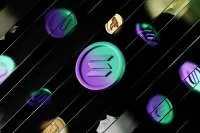Merry Christmas La Palma, the eruption is officially over
- 26-12-2021
- National
- Canarian Weekly
The Volcanological Institute of the Canary Islands (Involcan) has announced that the eruption of the volcano in La Palma has officially ended after 10 days of inactivity. They also presented new images showing the newly formed 1,100 metre high mountain with six craters and an eruptive fissure that haven’t been seen before due to lava, gas, and ash emissions.
The official spokesman for the Canary Islands Government, Julio Pérez, made the announcement 85 days and eight hours after the eruption started on Sunday 19th September, saying "The eruption is over," and explaining that it has been the longest activity since records began on eruptions on the Island.
However, Pérez stressed that "gases, ash and heat continue to exist, therefore there are still risks in the area, so although the eruption is over, the emergency situation isn’t”, although he pointed out that unlike the eruption, which was unknown when it could conclude, these risks are known to gradually reduce and go away.
The Scientific Committee have verified that the tremor has disappeared, the seismicity is of low magnitude, there is no lava and there is no ash being emitted. However, Pevolca remains on red light alert, since the risks are still there.
Julio Pérez clarified, "Surveillance and monitoring will continue throughout the area, but we will begin to study the re-housing plan from Monday, which will have to be a safe and orderly re-homing, in the least affected areas first, and the most affected later.”
In total, the lava has destroyed 1,345 houses and damaged more than 6,000 buildings, half of which are irreparable. There are 7,200 people who have been evacuated or left homeless, who are currently staying with friends, family, or in hotels.
Although the volcano appears asleep, with the rain the lava is still smoking, which came out of eleven mouths for three months and opened like a six-fingered hand as it swept over Todoque, El Pedregal and El Paraíso, only stopping after it had affected suburbs of Tazacorte, La Laguna, El Paso and Los Llanos de Aridane, forming a new delta of land in the Atlantic Ocean.
Other articles that may interest you...
Trending
Most Read Articles
Featured Videos
TributoFest: Michael Buble promo 14.02.2026
- 30-01-2026
TEAs 2025 Highlights
- 17-11-2025


